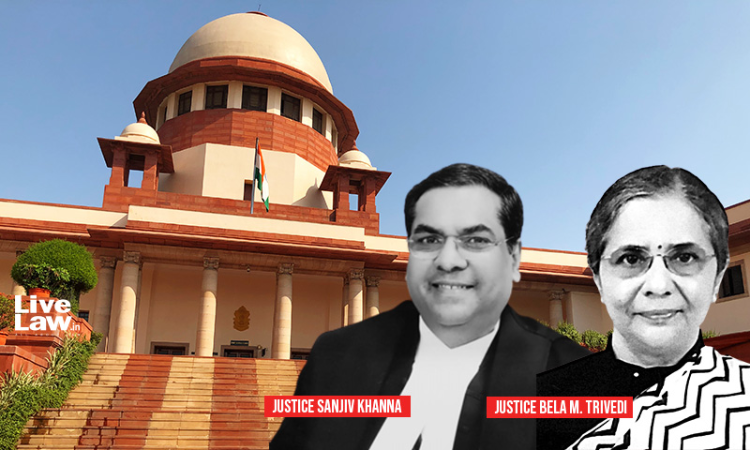Supreme Court Bench Split On Whether To Reject Plaint In A Case As Time-Barred
LIVELAW NEWS NETWORK
1 April 2022 1:20 PM IST

Next Story
1 April 2022 1:20 PM IST
A Supreme Court bench comprising Justice Sanjiv Khanna and Justice Bela M Trivedi has delivered a split verdict in an appeal. The judges could not come to a consensus regarding whether the plaint in the instant case was liable to be rejected under Order VII Rule 11(d) of the Code of Civil Procedure as barred by limitation.While Justice Khanna upheld the views of the trial court as well as...
